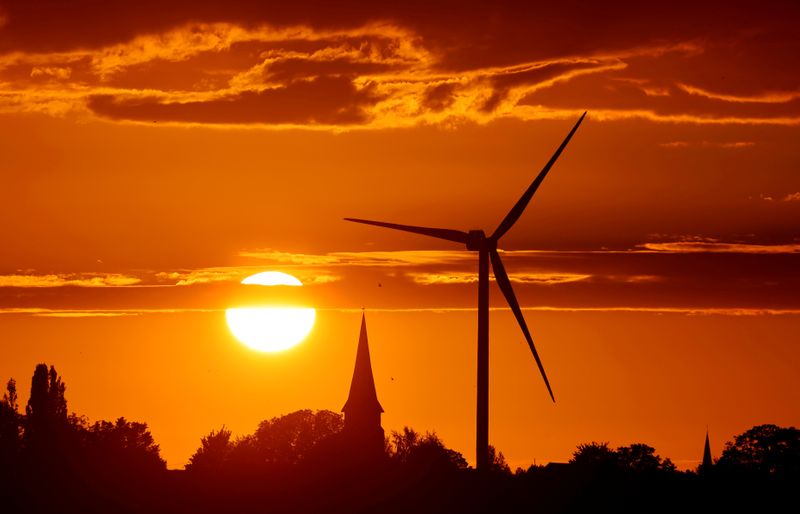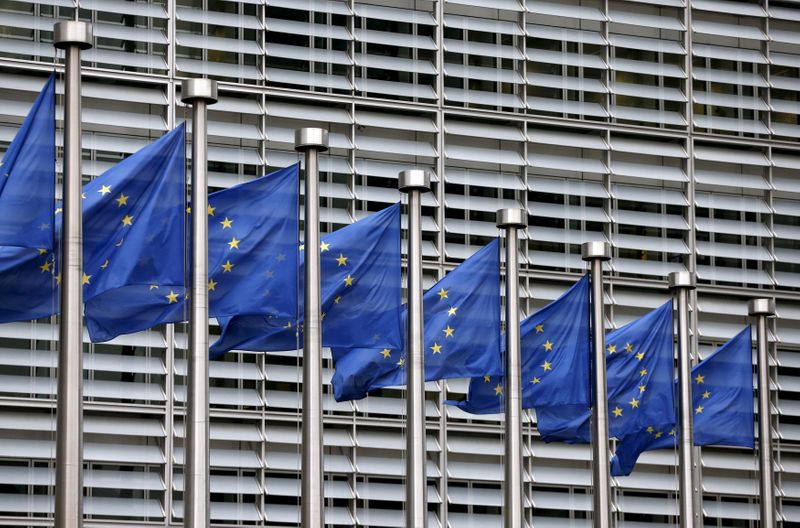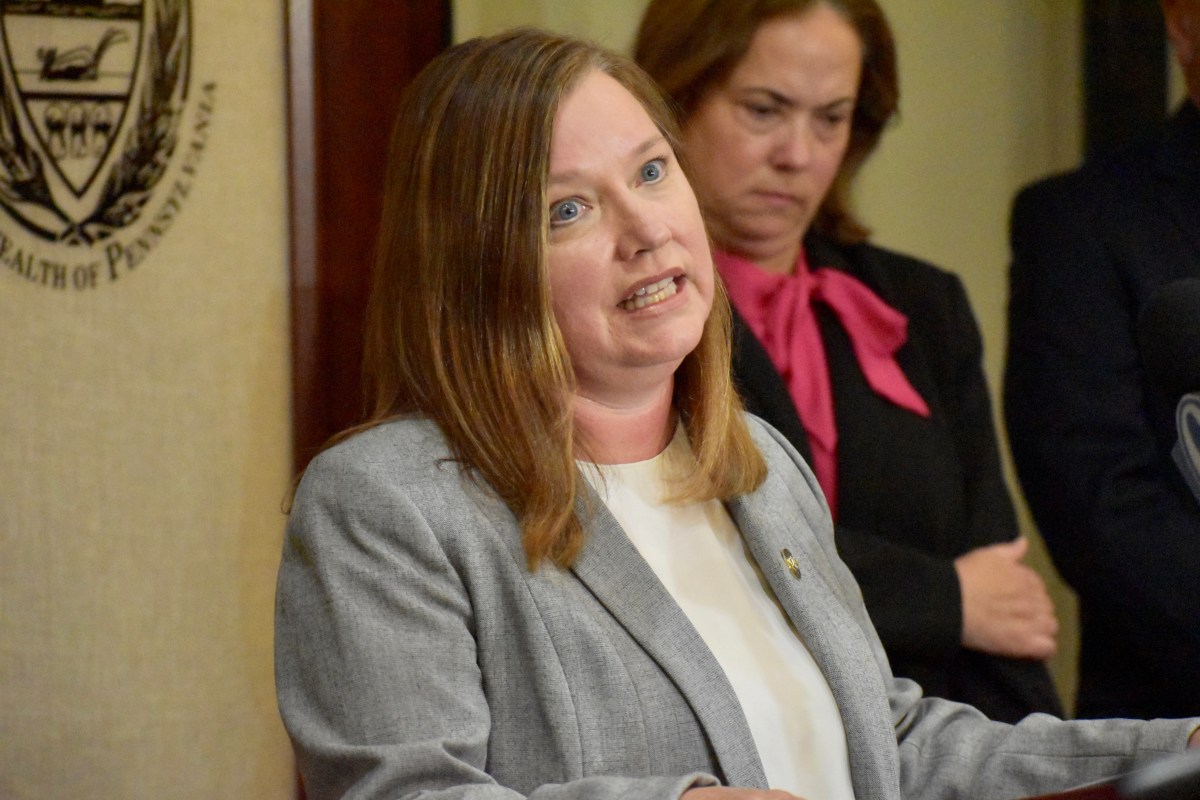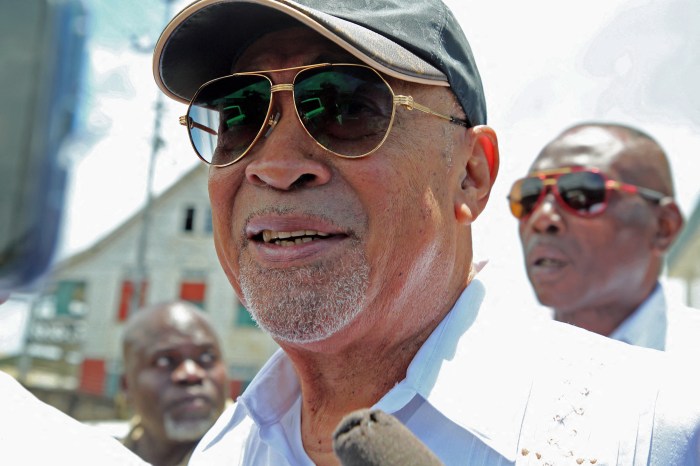BRUSSELS (Reuters) – European Union officials on Wednesday formally approved the bloc’s multi billion euro fund that is to help wean countries off fossil fuels by shielding vulnerable communities from the economic impact of transforming polluting sectors.
As part of its plan to eliminate net greenhouse gas emissions by 2050, the EU has set aside part of its budget and COVID-19 recovery fund to support those most affected by plans targeting industries relying on or producing fossil fuels.
EU ambassadors greenlit the legal text to create a 17.5-billion euro EU Just Transition Fund, a pot of cash to help regions wind down their coal, peat and oil shale sectors and replace them with low-carbon industries and jobs.
“Without the support of the Just Transition Fund, the social and economic costs triggered could have indeed discouraged the competent authorities and economic agents to undertake the required transition steps,” said European Commission spokeswoman Vivian Loonela.
Poland, Europe’s largest coal producer, will be the biggest beneficiary, followed by Germany and Romania – all home to coal-mining regions.
The JTF “will only partially alleviate the impact of the transition and remains a drop in the ocean of our needs,” said Małgorzata Jarosinska-Jedynak, Poland’s Deputy Minister of Funds and Regional Policy.
Poland employs more than half of the more than 230,000 people working in Europe’s coal sector. By 2030, the EU expects 160,000 of Europe’s coal jobs may be lost – but this could be offset by the more than 300,000 jobs which could be created this decade through investments in clean energy.
To achieve EU climate goals, Poland will need to increase annual investments by an average of 13 billion euros, targeting electric vehicles and upgrades to buildings and energy infrastructure, according to consultancy McKinsey.
Poland’s share of the JTF is roughly 3.5 billion euros. That will be bolstered by other parts of the EU budget and 750 billion euro COVID-19 fund, more than a third of which must be spent on climate action.
Romania said it will spend its JTF money on six regions, including eastern steelmaking area Galati and the coal mining areas in Gorj in the west.
“Without JTF interventions, these regions… could not, on their own, make the required investments for structural change in energy supply and demand,” a Romanian official said.
Countries can spend their JTF money in areas such as clean energy, re-training workers, and assistance to jobseekers. The funds cannot support fossil fuels or nuclear energy.
(Reporting by Kate Abnett; editing by Jan Strupczewski and Alexandra Hudson)
























